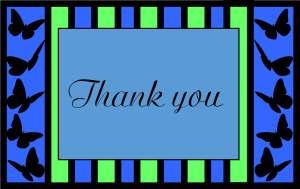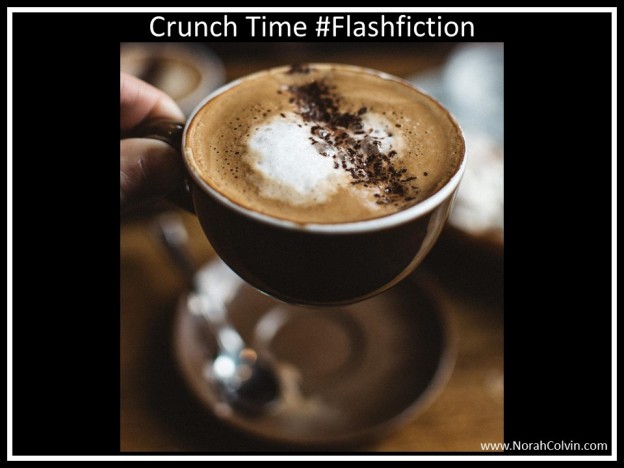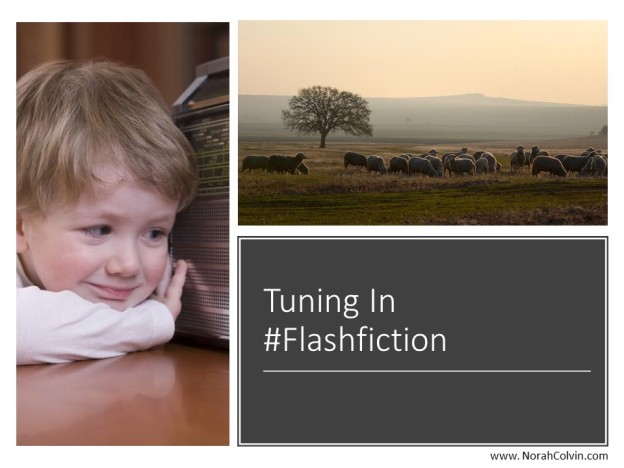This week at the Carrot Ranch, Charli Mills challenged writers to In 99 words (no more, no less), write a story that includes something heard on the radio. It can be from any station or era. What is heard? A song, announcement, ad? Think of how radion (sic) connects people and places. Go where the prompt leads!

My response is not a story. It is a reflection on a moment in time. As a child, I loved visiting my aunts, uncles and cousins on their Queensland stations. I hadn’t yet developed an interest in the news or felt it had a significance in my life and was fascinated by the importance it was given in these rural households. It’s understandable when I realise how much their lives were affected by things they couldn’t affect such as stock prices and the weather.
My uncle used to talk to the news report saying things like, “Go on, eh?” or “Is that right?” as if he was in conversation with the reporter. It was very endearing, but it also amused me knowing that the reporter was unable to hear him.
Nowadays, I find myself talking to the television news reporters in less endearing ways when I correct their grammar and terminology. I won’t be able to think of them all now — there’d be too many anyway — but here are three that really bug me:
- The use of ‘infer’ when the mean ‘imply’.
- Reporting that a vehicle lost control rather than the driver lost control. Until self-drive vehicles are readily available, I think the driver should be in control.
- Overuse of the word ‘left’, for example, ‘the man was left injured after the accident’. Surely, he was injured in the accident and not left anywhere. I’d understand it better if he was left on the platform after the train departed.
The radio was important to these outback families in another very special way. Since they were so far from schools, the children were schooled over the radio network with School of the Air and the support of parents or governesses. Many of the families, including my cousins, had special school rooms set up in which to take their lessons. While I loved their school rooms, I never got to see them ‘in action’ as I always visited during the school holidays.
Anyway, I digress. Here is my response to Charli’s prompt.
Tuning In
On sheep and cattle stations in outback Queensland in the pre-television and digital era, when mail and groceries were delivered fortnightly, the party line telephone and radio linked families with the outside world.
Mealtimes were scheduled to conclude with news broadcasts. The chatter and clatter ceased the moment chimes announced the start. Graziers inclined towards the radio, concentrating to extract words from the crackle, hopeful of positive stock reports, promising weather forecasts and news of world events.
Unable to affect, but affected by, the situations reported, the graziers returned to the day’s tasks, hopeful of better news next report.

Thank you for reading. I appreciate your feedback. Please share your thoughts.

























